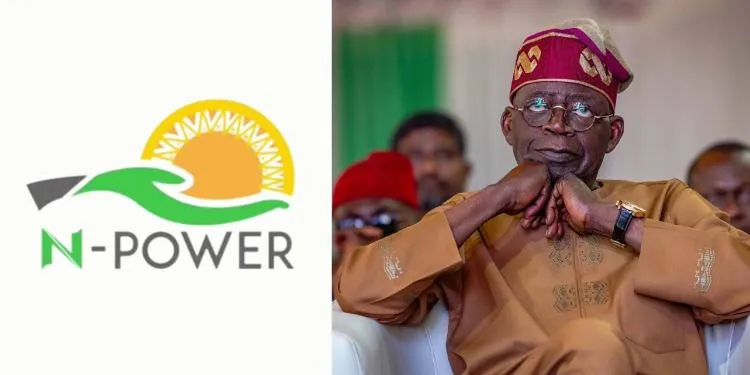Unpaid Stipends: N-Power Beneficiaries Drag Federal Government to Court
Over 237,000 former N-Power beneficiaries have taken the Federal Government to court over unpaid stipends and entitlements. The aggrieved individuals, who rendered services under the social intervention scheme, filed a lawsuit at the National Industrial Court of Nigeria, Abuja Division.
The case, filed under Suit No. NICN/ABJ/214/2025, lists ten lead claimants representing the broader group of affected beneficiaries. The suit names the Federal Ministry of Humanitarian Affairs and Poverty Alleviation, the Attorney General of the Federation, the Accountant General of the Federation, and Mr. Akindele Egbuwalo—who currently oversees the N-Power Programme—as defendants.
In their statement of claim, the beneficiaries allege that the government failed to fulfil its contractual obligations by withholding their monthly stipends, allowances, and other promised entitlements. According to them, despite their dedicated service, the payments were never made, amounting to a breach of both written agreements and Nigeria’s labour and employment laws.
The plaintiffs argue that the government’s actions not only contravene local statutes but also fall short of international labour standards for social welfare and empowerment programmes. They are urging the court to compel the defendants to immediately disburse all outstanding payments due to them.
In addition to the release of their withheld stipends, the beneficiaries are also demanding ₦5 billion in general damages for the hardship suffered and another ₦50 million to cover legal costs associated with the suit. They are also asking the court to issue any other orders it deems appropriate to ensure justice is served.
The court has issued a notice to all named defendants, directing them to respond within 14 days of receiving the lawsuit. Failure to do so may result in the court proceeding without their input.
Legal experts say the outcome of this case could have far-reaching implications for how government-run empowerment programs are managed and enforced in the future. Many of the affected individuals say they joined the programme in good faith, believing in its promise to reduce unemployment and build capacity among Nigerian youth.
All further correspondence regarding the case is to be directed to the Federal Ministry of Humanitarian Affairs and Poverty Alleviation in Abuja, as ordered by the court.
As the legal proceedings unfold, thousands of former N-Power participants—and the public at large—are watching closely, hopeful that justice will be served and the integrity of Nigeria’s social intervention schemes upheld.




















